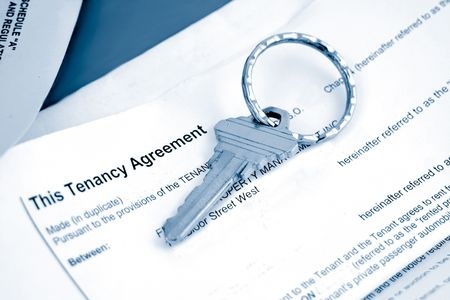
A client has been offered an opportunity to buy an investment property below market rates from a friend. She’s brought the deal to us for our advice. She wants to know if the deal will stand up as a good long-term investment.
She also wants to know what to do about the tenant. The deal has been offered provided the sitting tenant can stay on. The tenant has been living at the property for seven years, and our client’s friend says he has been an ideal renter. He’s maintained the condition of the property, paid his rent on time, and has been a model neighbour. Unfortunately, the vendor has rewarded this behaviour with immunity from rent increases. The tenant is now paying well below market rents.
How does this affect the investment? We’ve done our research on the deal, and, if our client accepts the deal at the current rent, she’ll achieve a good (though not excellent) rental yield. She can expect very good capital gain on the property – the area has consistently performed well in terms of price gains. There’s great transport links and services. The fact that the tenant does most of the maintenance on the property (and has actually increased the value of the house) may save our client some money in the long term.
Our client is looking for capital gain on a place that pays for itself. She’s happy to take a cut in yield to keep on a tenant who won’t cause her problems. Your situation may be different, though. Here are some things to consider when trying to choose between vacant possession and sitting tenants:
- Rent. Are you willing to put up with less-than-market rents? Can you increase the rents after the exchange of contracts?
- Rental agreements. What agreement was signed between the current owner and the tenants? Are you willing to adhere to that agreement? Is there an agreement with a property manager that you’ll have to honour?
- The state of the property. If you’re thinking about doing work to the property, vacant possession may be easier or more convenient than rehousing or waiting for tenants’ leases to expire.
- The tenants. If you have sitting tenants, do you have access to references? Payment history? Are you willing to take the vendor’s word about the trustworthiness of these renters?
Keeping great sitting tenants can be a bonus with a new investment property. We do recommend you do due diligence on the tenants as well as the property before you make any decisions.